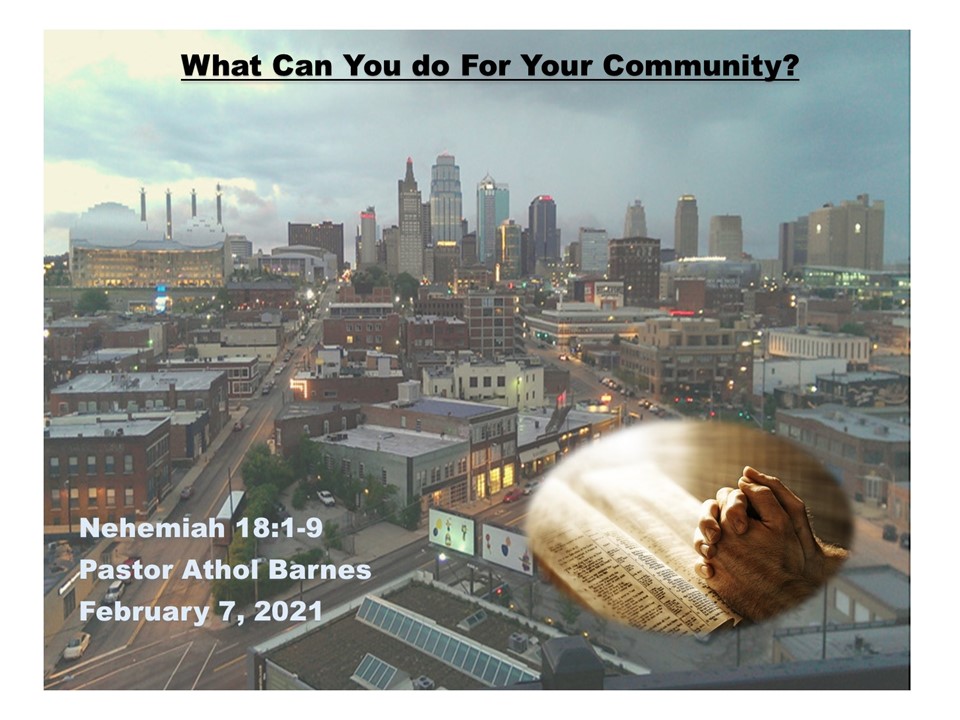
2 Timothy 3:10-17
The Bible is the foundation and authority for our Christian lives and for discipleship. Without the bible, discipleship is merely giving advice. True discipleship is based on the Word of God. The only resource for consistent life transformation.
Paul wrote two brief letters to Timothy a young man he had trained for ministry. Second Timothy dates during Paul’s second imprisonment in Rome, just months before his execution. Paul gives his final encouragement to Timothy and reminds him of the power of the Word of God (2 Timothy 3:16).
Paul says, “all scripture is God breathed…” we believe that this means that the whole bible, all 66 books and multiple authors written over 1500 years, is fully inspired by the Holy Spirit.
Despite the multiple authors and duration of writing, the Bible does not contradict itself. The authors all present different perspectives, but they all proclaim the same one true God, and the same way of salvation: Jesus Christ.
The Bible is the revelation of Jesus Christ. The Psalms and the prophetic books constantly point to the coming Messiah and his suffering for our salvation. The four Gospels record the life of Jesus and the rest of the New Testament speaks about the ongoing work of Jesus through the church, and the Revelation of his second coming.
2 Timothy 3:16 reads, All Scripture is breathed out by God and profitable for teaching, for reproof, for correction, and for training in righteousness,”
- The Word is profitable; for teaching correctly, giving clear doctrine
- The word is used for reproof, which means conviction of sin. It is a bright light that exposes our very hearts and intentions.
- The word of God is good for correction, for setting things right.
- The Word is used for training in righteousness, that is discipleship.
Verse 17 continues, “that the man of God may be complete, equipped for every good work”.
It enables the child of God to become a man or woman of God, matured in the things of the Lord. The word, “complete” does not mean perfect, but rather, prepared for the work that lies before us.
The Bible transforms the child of God into a mature person in Christ. The better we know the Bible, the better we are able to live and work for God. I will always encourage people to begin the day getting equipped by taking up the Bible.
The purpose of Bible study is not just to understand doctrines or to be able to defend the faith, as important as these things are. The ultimate purpose is the equipping of the believers who read it. It is the Word of God that equips God’s people to do the work of God.
The Bible is our authority that we turn to when we face difficult decisions in life.
The Bible addresses the real issues of our lives, for example, the Bible speaks frequently into the area of our finances. Giving to the poor (Matthew 25:37-40). God takes caring for the poor seriously. Giving to the local church (Malachi 3:10). We have such a distorted view of tithing and giving to the church. We feel we have to give, out of guilt and need, but the truth is that the Lord promised to bless the giver. The Bible addresses every aspect of our finances, taxes, inheritance, investing and more.
The Bible teaches us how to resist temptation. At the beginning of Jesus’ ministry, he went to the wilderness and fasted for forty days in preparation for his ministry. At the end of that time, Satan came and tempted him three times as we read in Matthew 4. Each time Jesus used the authority of Scripture to rebuke Satan. We need to know this weapon and use it against the enemy of our souls.
The Bible addresses every area of our relationships, from parenting to work relationships.
The Bible addresses how we treat widows and orphans (James 1:27).
The Bible addresses our career choices and what we do with the years we have been given.
The Bible addresses our physical health and care for our bodies.
The Bible also addresses the big questions that the world wrestles with: abortion, immigration and refugees, poverty, same sex marriage, transgenderism, caring for the environment and more.
The Bible says that we are to be praying for our government, our president, vice president and all our governing authorities. That means to pray for their blessing and salvation. Praying for God to bless and guide our leaders, even if we didn’t vote for them! Listen to what Paul wrote in 1 Timothy 2:1-4. Do we desire all people to be saved?
The Bible is our ultimate authority, meaning that if the government makes laws that are opposed to the word of God, we hold fast to the word of God. But to discern whether the government is ruling incorrectly, we need to know the Word of God. We must never be led by the opinions and the thoughts of someone we watched on the internet. We must not allow anything that opposes God’s Word to dictate our actions or control our thinking.
We have been given the Word of God, written by our Heavenly Father who knows us better than we know ourselves, and who knows every moment and situation of our lives. Yet we turn to people who are not invested in us at all and ask their opinion for our life decisions.
Many Christians are struggling today because they don’t know the Word of God. My simple goal as a pastor is to get people to feed on the Word of God. Study and meditate on the Word. Let God’s Spirit speak to you as you read.
The Bible is no ordinary collection of pages and ink.
It is supernatural in its authoring,
it is supernatural in its reading, and
it is supernatural in its application.
Let us be known as people of the Word, who know and apply the Word of God to all situations in our lives.













